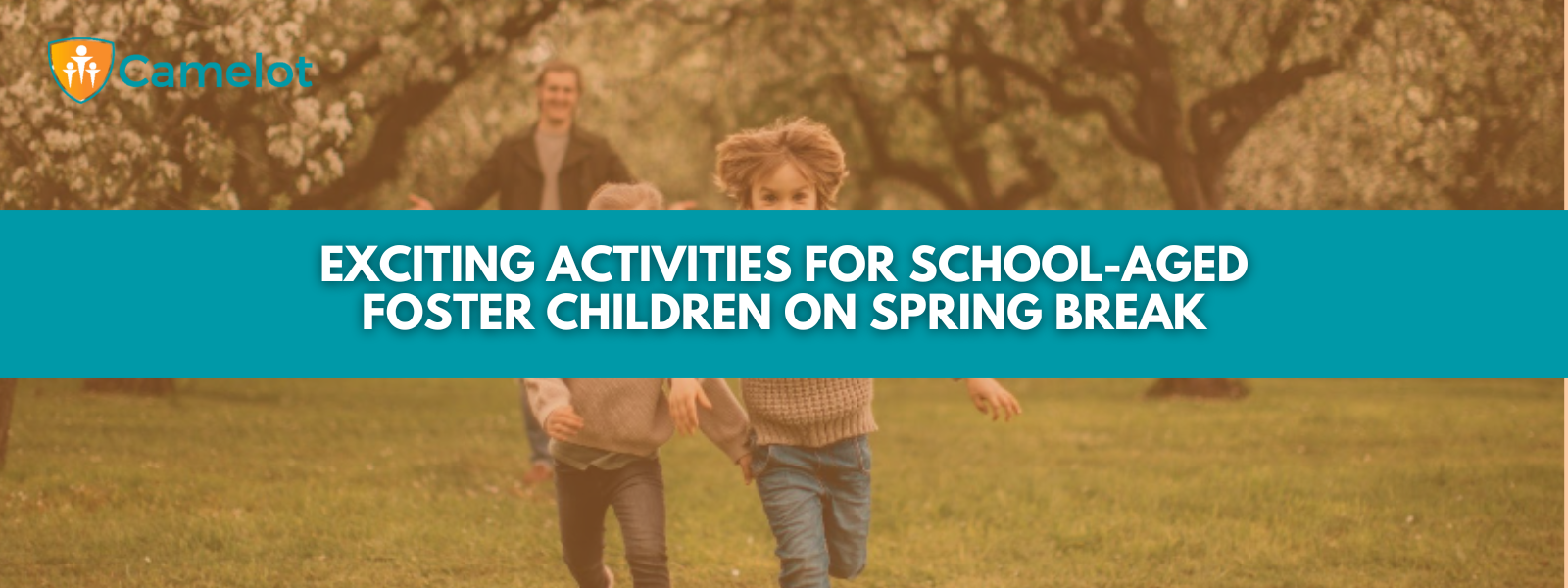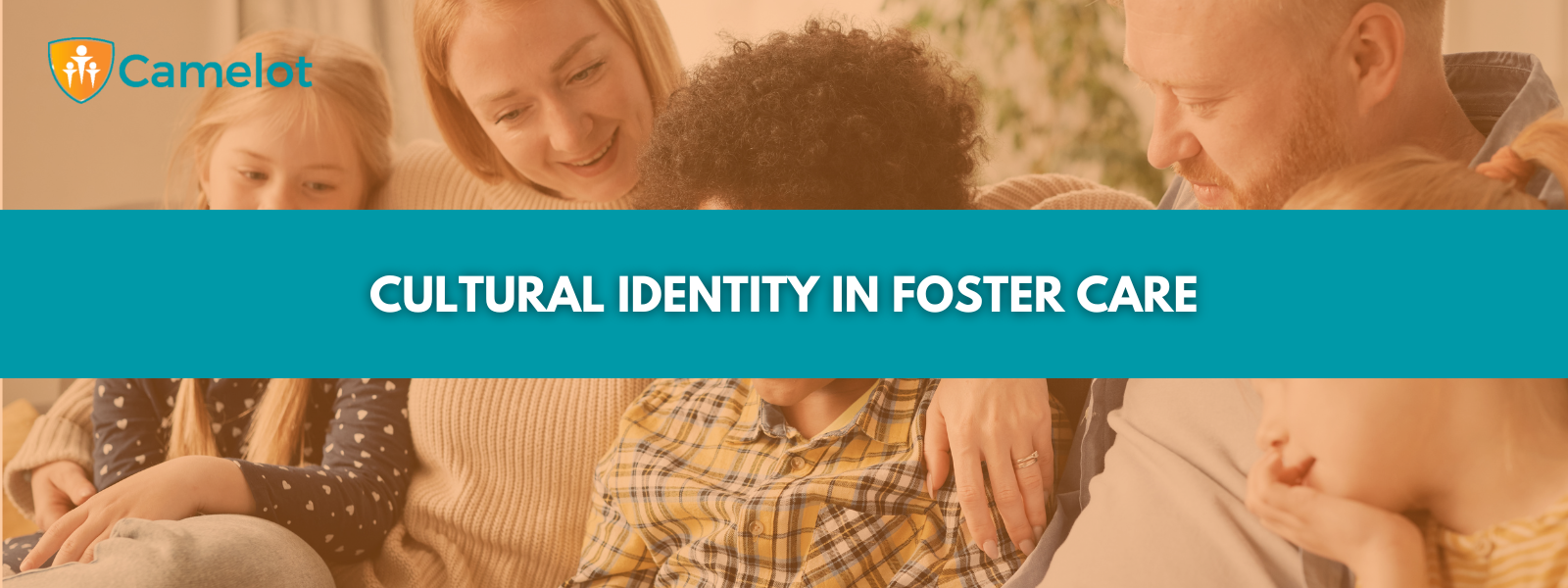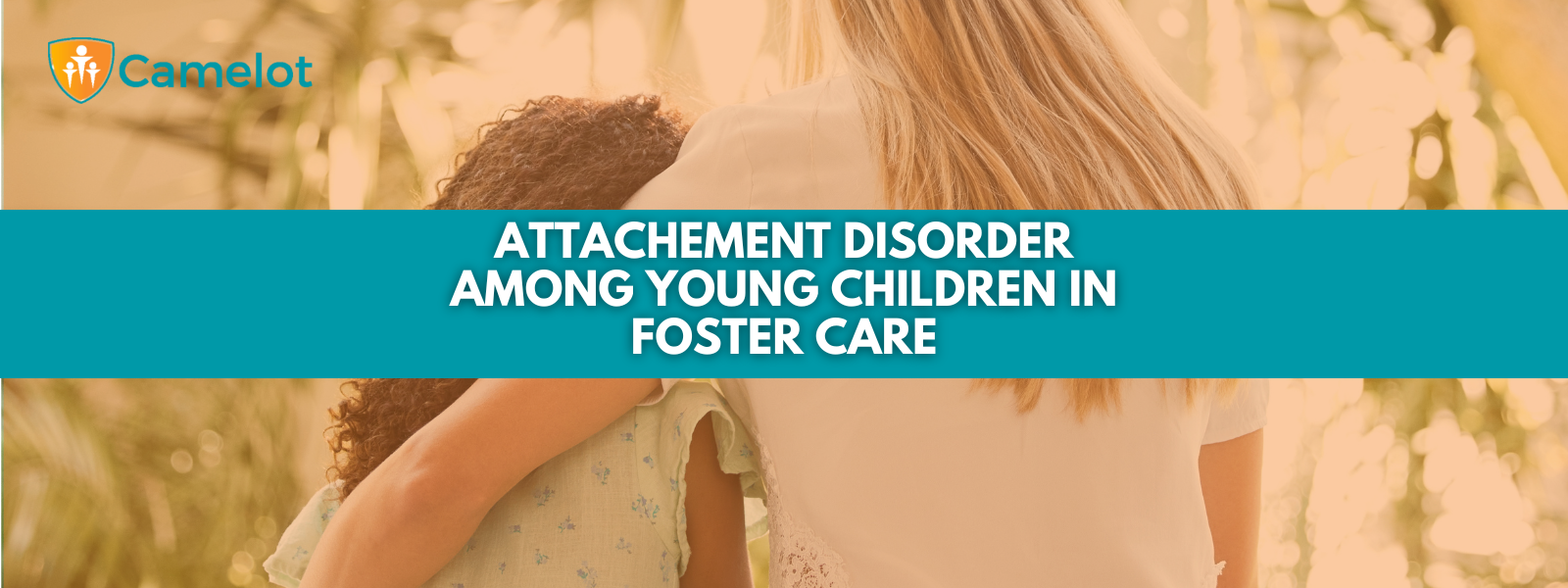Holiday Tips for Foster Parents
Holiday Tips for Foster Parents

From Thanksgiving to Christmas and New Year’s Eve, holidays are associated with happiness, family, food, joy, and creating memories. And while this time of the year is joyous for most of us, it is not always the same for those not being cared for by their biological parents.
It might bring up a lot of conflicting feelings and emotions.
While you are excited at the prospect of seeing family members and friends, a foster child who is unfamiliar with your family holiday traditions and customs might be more than a little anxious.
So, what can foster parents do to make a foster child feel more comfortable during the holidays? Below mentioned are a few tips to make the holidays enjoyable for both you and your foster child:
Introduce the Child in Advance
Introducing your foster child to your family and friends is always a good idea. Meeting a lot of people at once can be an overwhelming feeling for anyone new to your family. The same is true for your child. As everyone already knows each other, the child might feel shy or even left out.
If possible, arrange for short, individual visits with family and friends in the time leading up to the holidays. Doing this will help your child feel more comfortable the next time they meet during a holiday gathering. If this is not possible, give your child a brief run-down of who they can expect to meet during the holidays and how they connect to you. This might develop a sense of attachment in the child.
Be Mindful of their Privacy and Confidentiality
It is essential to be mindful of your child’s privacy and confidentiality. Request your family members and friends not to ask too many questions to know the child's backstory. Alert them well in advance to avoid any unpleasant moments.
It is good to develop a relationship with your child by focusing on their present. Moreover, discuss with the child how they would like to be introduced and what information they are comfortable sharing with your family members.
Know the Child’s Holiday Traditions and Customs
Discover and encourage your child’s holiday traditions and customs. They might have a strong inclination toward their tradition and values. Sit with the child and discuss their past holiday traditions and customs before they start living with you.
Find out what part of it they would like to incorporate into your tradition. Incorporating your foster child’s way of celebrating holidays can make them feel validated and supported as a member of your family. In case you have more than one foster child staying with you, meet with them one-on-one, so they all have the opportunity to talk and ask questions.
It will help them feel like part of the family. Let your children choose their desired level of participation heading into the holiday season. Whether participating in the planned events or observing, they know what and how they want it to be. Also, be prepared for the possibility that children may change their minds whenever they feel like it.
Create a Cordial Space
As responsible parents, you want to do what is best for the child in your care. While you may be engaged in holiday preparations, ensure you spend some quality time with your child as the holiday season may heighten their feeling of isolation and sadness in them.
Make sure that you create a safe and cordial space for them where they can express and process their feelings without any hesitation. What may seem like an unending chain of events can take a toll on the child’s physical and emotional well-being, and they may feel an increased sense of grief, stress, or anxiety.
It is essential to schedule some downtime in between the holiday season. It will give your foster child and your entire family some time off to relax, recharge, and rejuvenate.
Plan for Presents
As we exchange gifts during the holiday and festive season, ensure you include your foster child too. If your relatives and friends are purchasing gifts for your biological children, ask them to get gifts for your foster child as well. Children sometimes count and compare gifts and notice if another child has received more or less than them, so it’s important to make sure they feel like they’re being treated equally.
Help them Spread Love
Gift-giving is a traditional practice in most families. Help your child make or purchase gifts and holiday cards. Let them make the gift-giving decisions. It will help them build empathy, show that they care, and will make them beam with pride as they watch the gifts being opened.
Ask your child to prepare a short list of the people they would like to purchase or make gifts for. Go out and help them gather gift-making elements to create their heartfelt gifts. Remember, by doing this, you are also helping them learn how to express love and gratitude.
Encourage and Support Visits with Family
If your foster child is in touch with their biological family, allow them to call or visit them as permitted by the court. This will help eliminate the biological family's concerns during the holiday season.
Consult with your caseworker, as visiting the family may require supervision.
It is a great way to support your child if they want to maintain a connection with their biological family. In many cases, foster children feel as if they have to choose between their biological and foster families, but it is possible to maintain a relationship with both. Let them do what their heart says.
Know your Capabilities
You will not always be able to manage a specific need of the child in your care. Sometimes it is acceptable to say no. Make sure you have a good enough reason to explain to them why you cannot fulfill the demand.
Support Foster Children and Care Agencies near You
Even if the holiday season keeps you occupied, try to learn and understand more about foster children and care agencies in your city, their work, and their needs. Spread the word around. Ask other parents to step in your shoes and make the holiday season bright for a foster child.
All in all, it’s important to understand that living in foster care is challenging no matter how pleasant the surrounding is. The experience can hurt children's mental and behavioral health. They often struggle with issues of trust, attachment, and anxiety.
They might also face significant emotional difficulties, such as a lack of self-worth, which can make it hard for them to establish healthy, loving relationships with you. If you need any help or support, reach out to Camelot Care Centers, a community-based family foster care and behavioral health service offering home-based services to children and families. We hope you have a wonderful holiday season with your foster child!
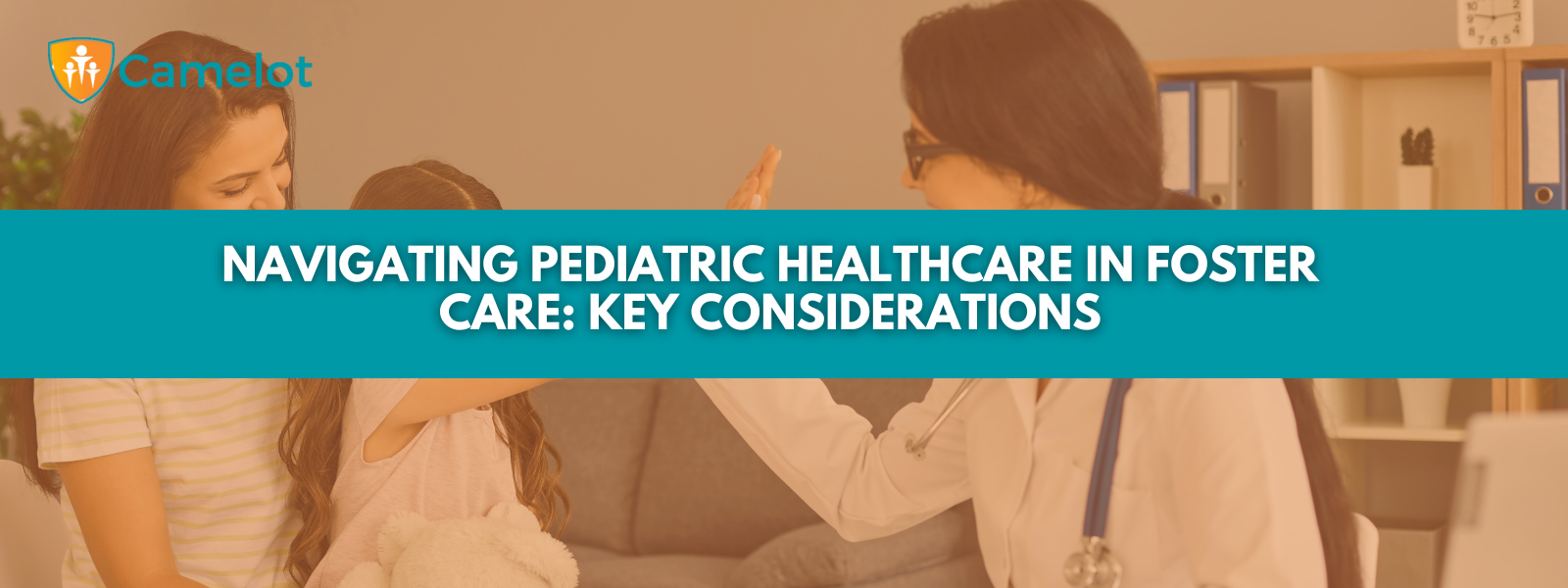
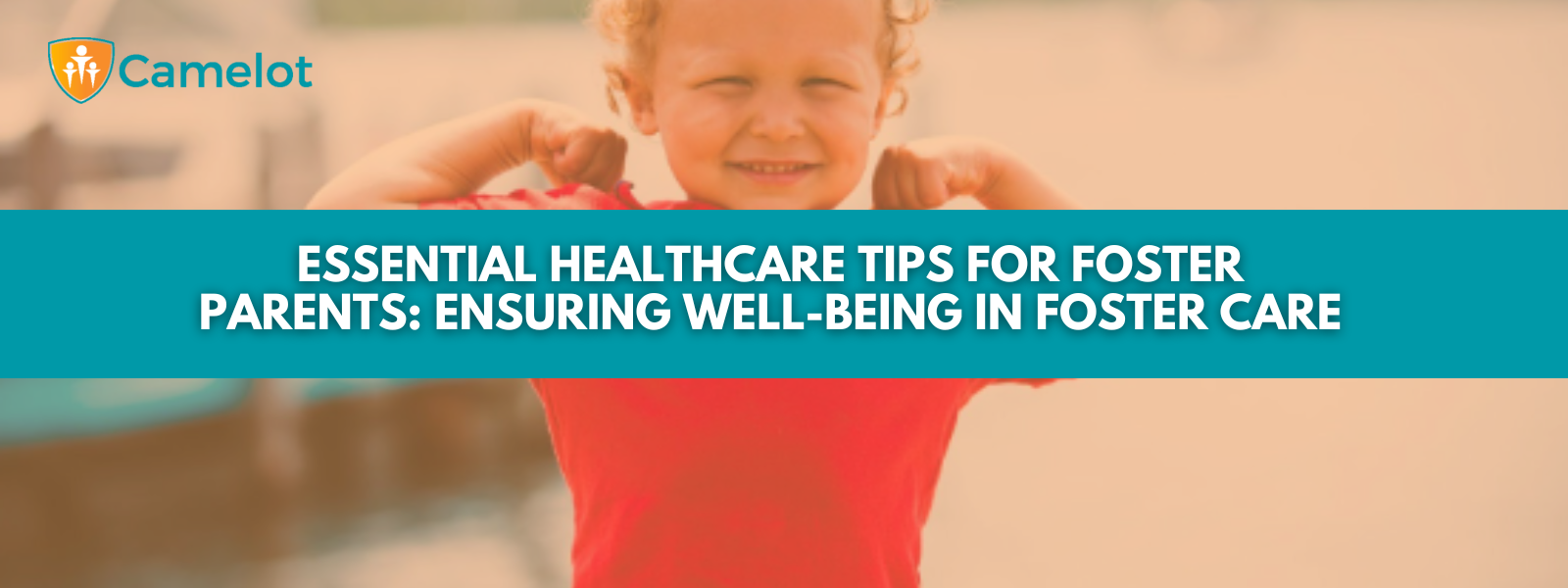
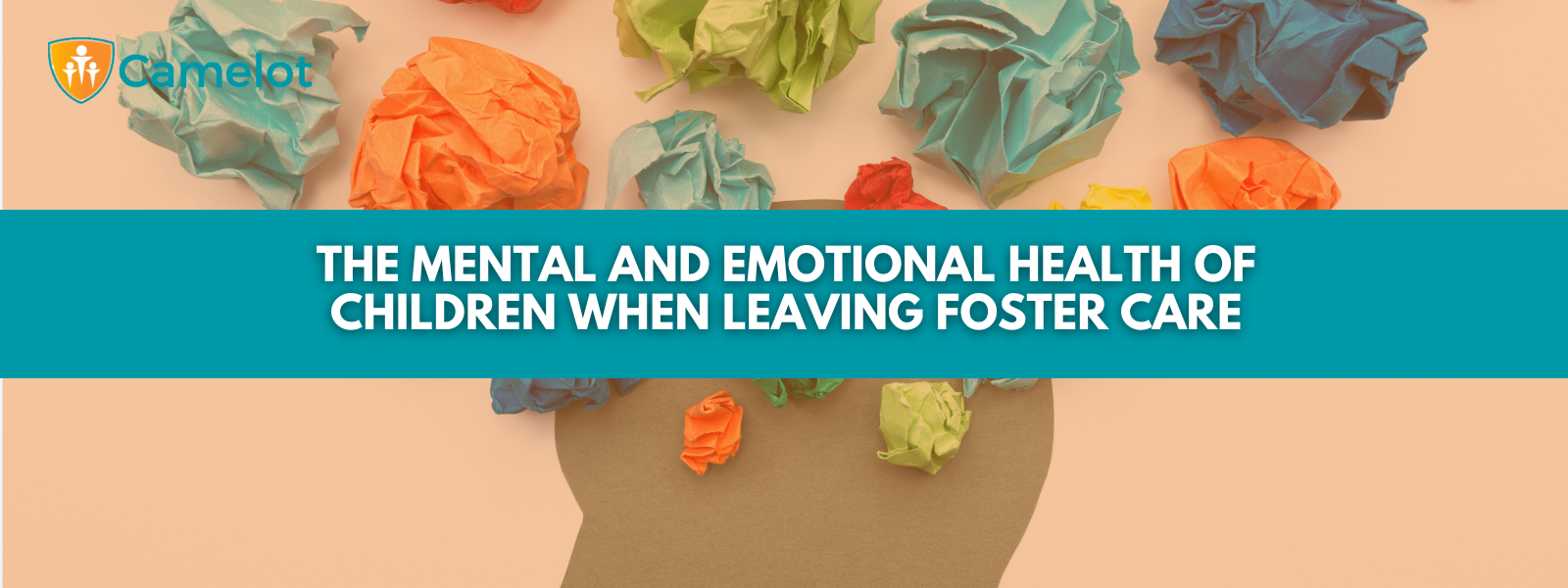
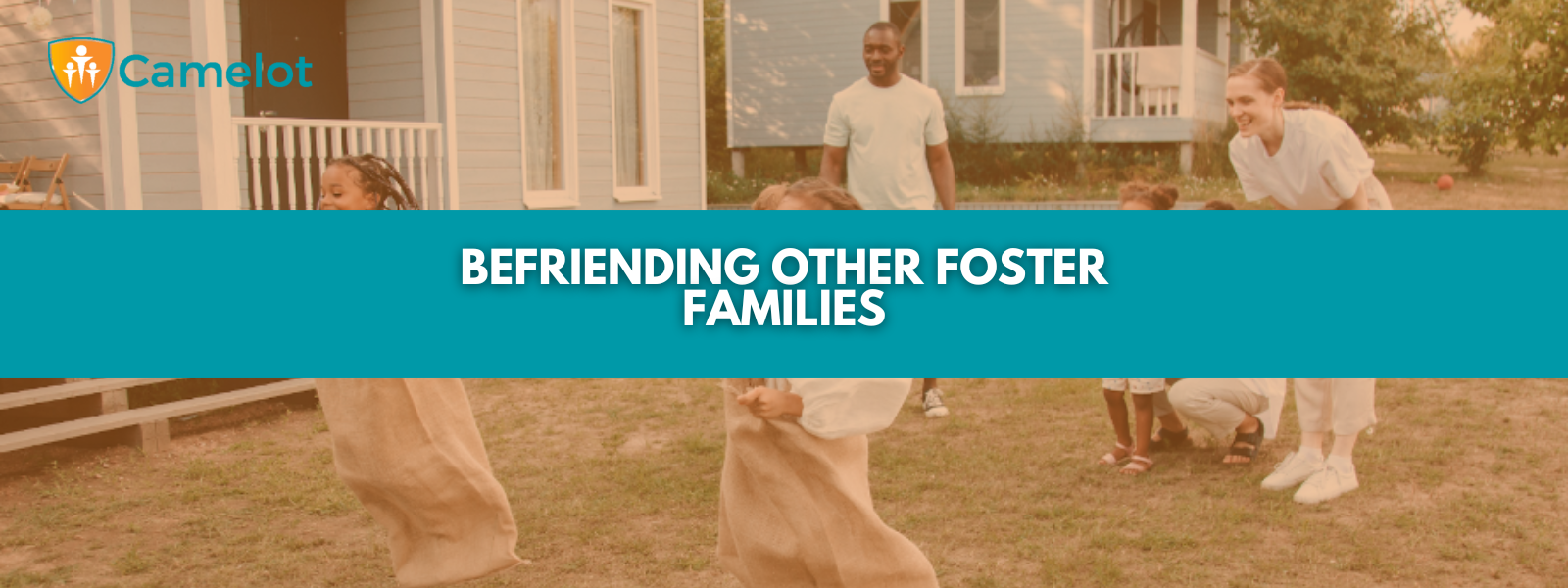

Camelot Care Centers

